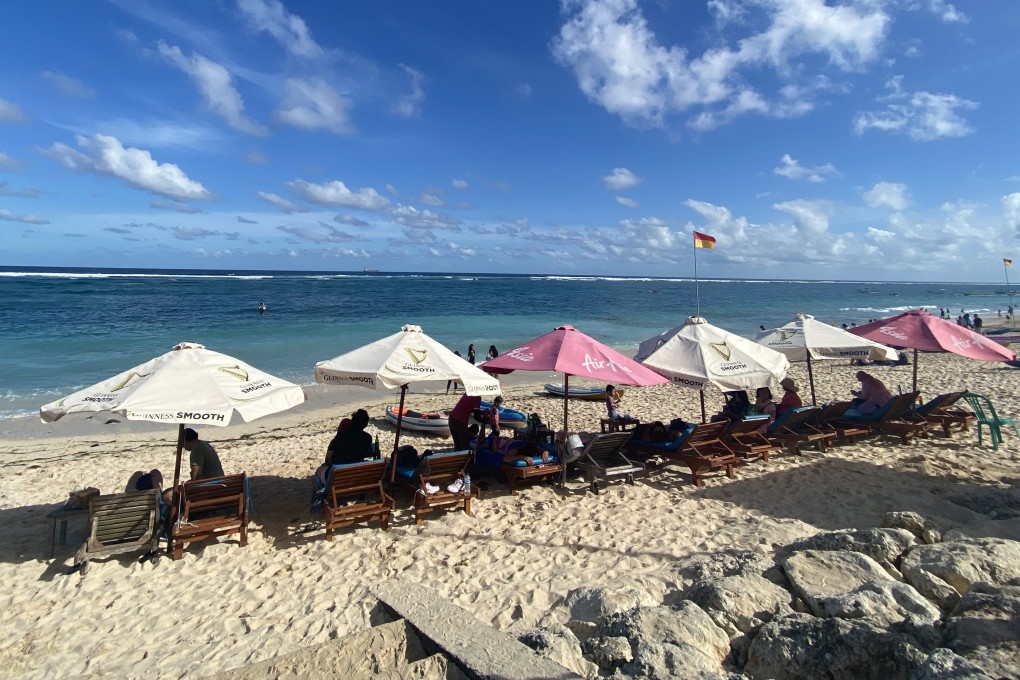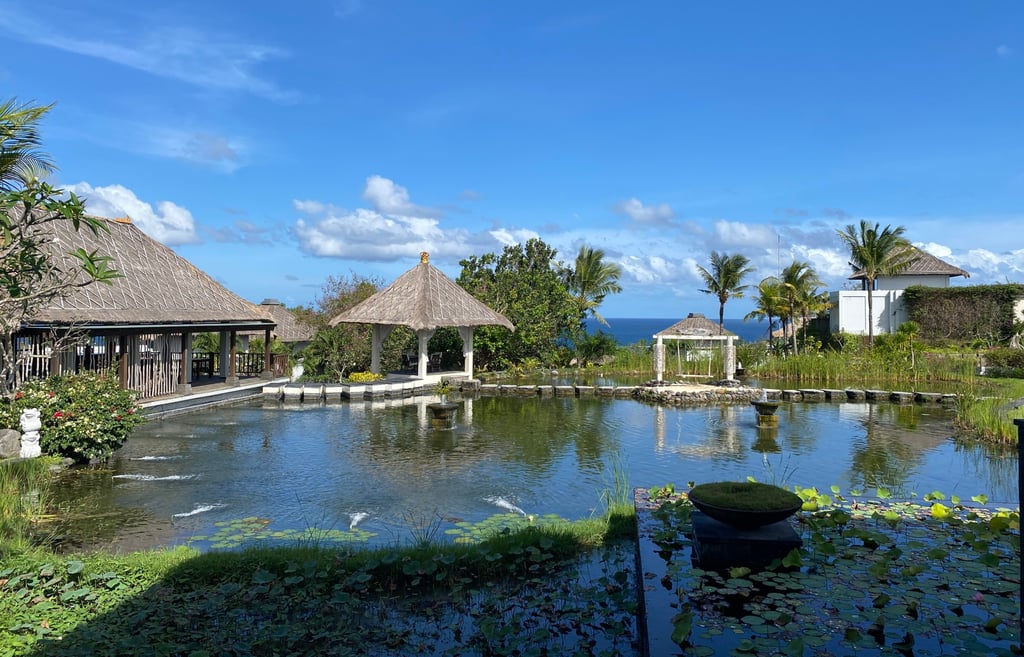As G20 set to meet with Russia and China on its mind, Bali hopes for tourism boost
- During the pandemic many parts of Bali, including the resort area of Nusa Dua, saw its tourism income tank drastically as many businesses had to close
- As world leaders and their delegations are set to converge in the Indonesian resort island, hopes are high for a revival in their tourism fortunes


To Indonesians, Nusa Dua has long been synonymous as the capital of large-scale meetings, incentives, conferences, and exhibitions, or MICE, in Bali, as the complex often hosts meetings attended by top officials from Jakarta and overseas.
It is usually not as bustling with tourists as Canggu, a surfing hotspot, and the iconic Kuta Beach, which is a 45-minute drive away. Hotels and resorts in the area are known to be expensive, so backpackers and budget travellers usually choose to stay near Tanjung Benoa, a diverse area north of Nusa Dua known for its water sports.
On Thursday, Nusa Dua’s roads were still relatively quiet compared to other beachy areas in south Bali. Security personnel could be seen at the resorts where the bilateral meetings between top diplomats took place, though it isn’t as heavy as one might expect during such events.
Tension, however, lingered in the air between security and members of the press, as all bilateral meetings were closed to the media. In a resort where a meeting between Wang Yi and Sergey Lavrov took place, reporters were told to leave and not to wait on the premises.